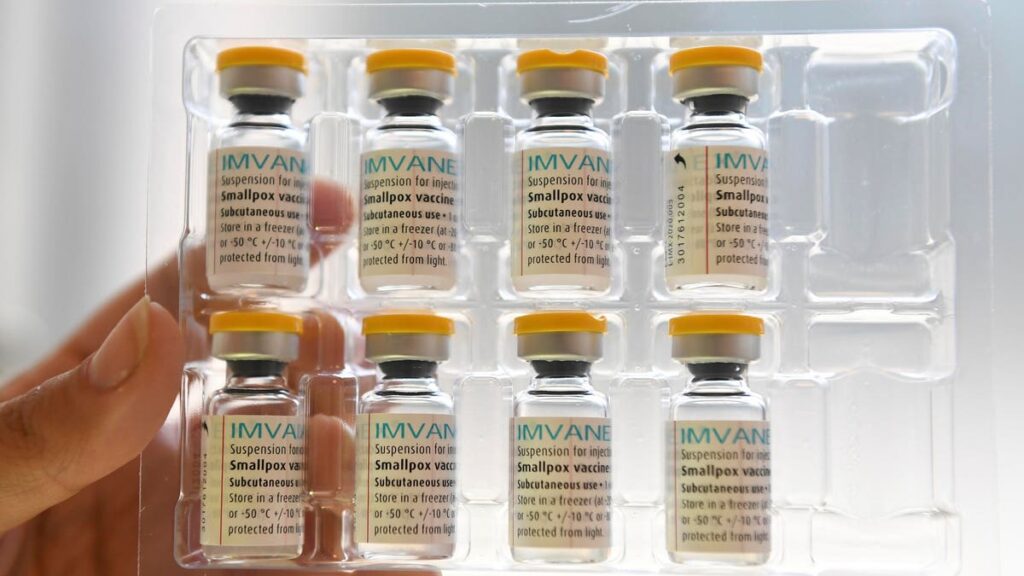Topline
The World Health Organization declared the end of the global health emergency for mpox — the virus formerly identified as monkeypox — on Thursday, noting the progress made in controlling the outbreak and the significant decline in the number of reported cases— though a new cluster of infections was identified in Chicago earlier this week.
The World Health Organization says the global outbreak of mpox is no longer an international … [+]
Key Facts
The decision to end the global health emergency was based on factors including a lack of changes in the severity and in the clinical manifestation of the disease, the WHO said.
Almost 90% fewer cases were reported in the past three months, compared with the previous three months, leading the WHO to declare the end of the emergency declaration, WHO Director-General Tedros Adhanom Ghebreyesus said.
The WHO’s International Health Regulations Emergency Committee committee, however, said there were remaining concerns about the virus that needed to be addressed, including the need for more information about how the disease was transmitted in certain countries.
The committee also expressed concern about the need for more effective response to the spread of virus in some African countries where mpox occurs regularly.
The committee noted the possibility for resurgence of the virus in the coming summer months, adding that “longer-term control and elimination” are unlikely without outside funding and support.
Key Background
Mpox is a rare disease first discovered in 1958 and caused by the mpox virus. It was named after pox-like outbreaks occurred in towns where monkeys were being held for research. Mpox, caused by a viral infection, can be spread through interactions with infected people or animals, including through the exchange of bodily fluids or through a skin lesion material of an infected person. The virus hit the U.S. last summer with many mpox cases reported in the U.S., affecting men who have sex with men, the CDC said. A nation-wide vaccine effort led cases in the U.S. to subside within a few months.
Big Number
87,314. That’s how many cases of mpox have been reported worldwide since May 9 as of January 1, 2022, according to the Centers for Disease Control and Prevention.
Further Reading
Deadlier Mpox Infections Discovered In People With Advanced HIV (Forbes)
WHO Renames Monkeypox As ‘Mpox’ To Avoid Stigma (Forbes)
Monkeypox Misinformation Is Spreading, Experts Warn — Here’s What You Need To Know About The Disease (Forbes)
Monkeypox Is Now A Global Health Emergency — Here’s What You Need To Know (Forbes)


